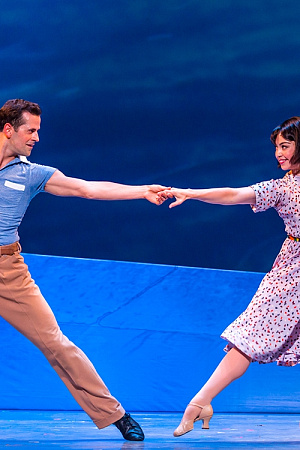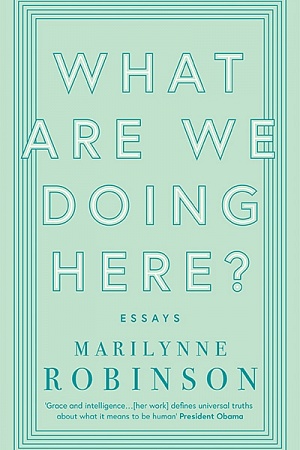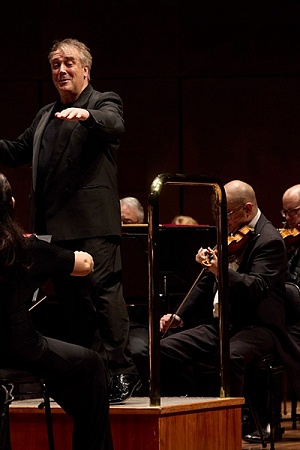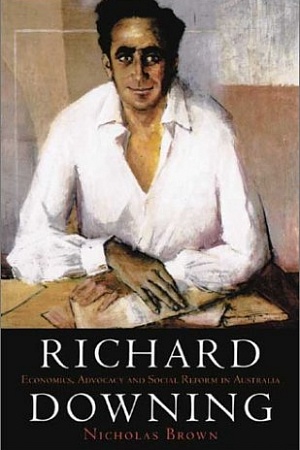War Requiem (Melbourne Symphony Orchestra) and Ian Bostridge (Melbourne Symphony Orchestra)
‘Truth uncompromisingly told will always have its ragged edges,’ wrote Herman Melville. The truth about war, as Benjamin Britten ‘tells’ it in his War Requiem, is ragged indeed. A glance at Britten’s score is indicative – there on the page are the black skitterings of brass and strings, a motley percussion, a solo soprano voice soaring over Latin choruses that alternate (or intersect) with the tenor and baritone sequences of Wilfred Owen’s devastating war poems. Ragged, indeed – but ragged with intent.
The vehemently pacifist Britten rejected any triumphant hymning of patriotism when he composed his Requiem for the 1962 re-opening of the war-ravaged Coventry Cathedral. And his way with the words and traditions of the Missa pro defunctis is neither consolatory nor reconciling – no lark-ascending intimations of paradise. Yet the work is grand; it coheres in the way a great tragedy coheres, and with comparable impact. In Britten’s hands (and under Andrew Davis’s deft, experienced baton in this performance) the massed resources of orchestra, liturgy, chamber orchestra, poetry, soloists, and fluting boys choir all come together in a mighty, sombre interrogation of what we know and what we believe – or have been led to believe – about war and death. About resurrection? Maybe. Maybe not.
Continue reading for only $10 per month. Subscribe and gain full access to Australian Book Review. Already a subscriber? Sign in. If you need assistance, feel free to contact us.











Comments (2)
Leave a comment
If you are an ABR subscriber, you will need to sign in to post a comment.
If you have forgotten your sign in details, or if you receive an error message when trying to submit your comment, please email your comment (and the name of the article to which it relates) to ABR Comments. We will review your comment and, subject to approval, we will post it under your name.
Please note that all comments must be approved by ABR and comply with our Terms & Conditions.